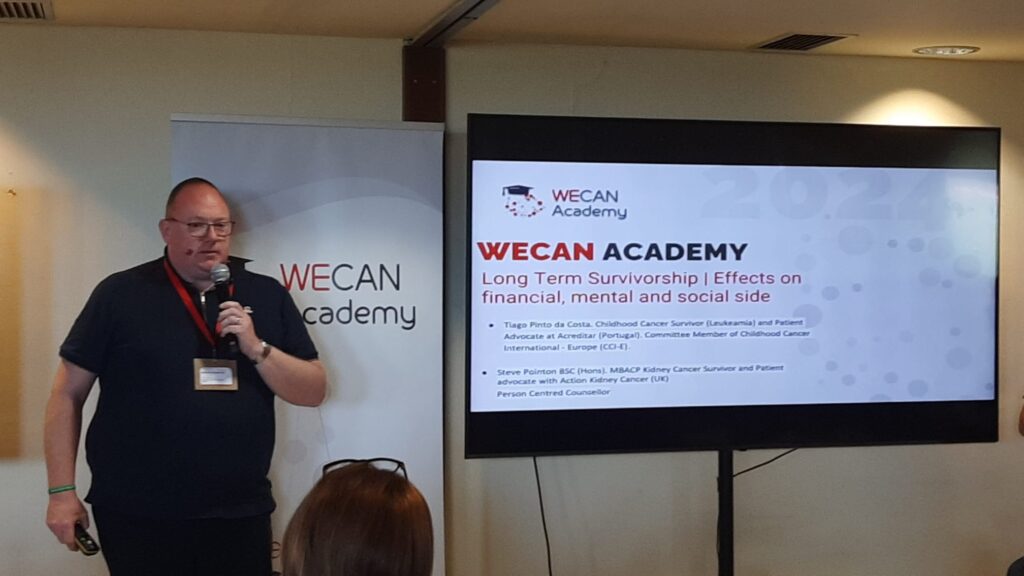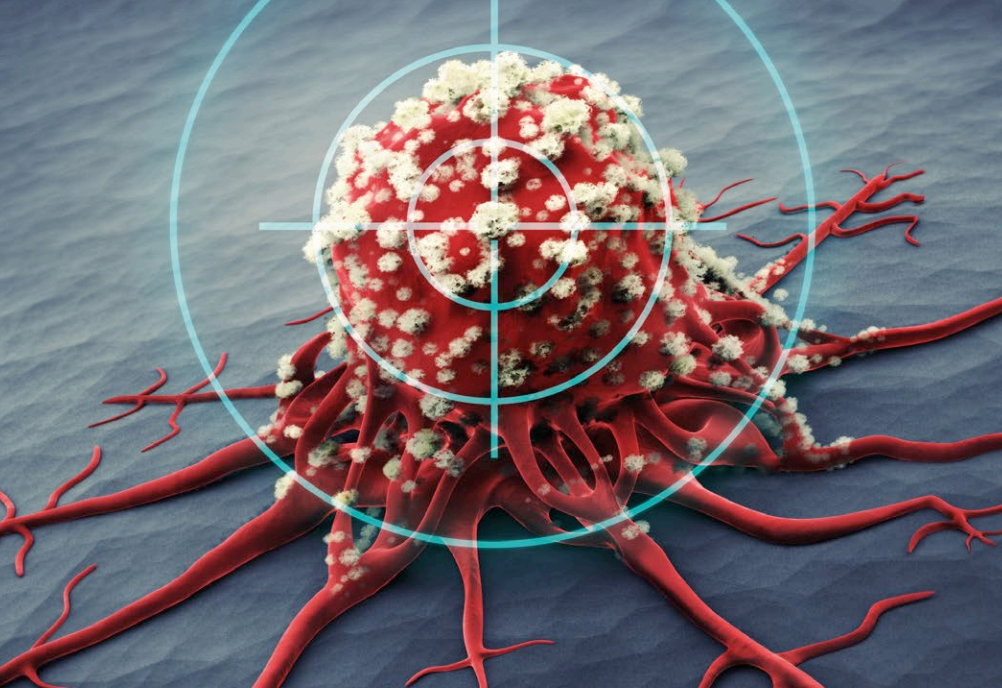Share this Page:
Immunotherapy has changed the way advanced renal cell carcinoma (RCC) is treated. However, around 1.7% to 19% of patients treated with anti-PD1 immune checkpoint inhibitors (e.g., nivolumab, pembrolizumab) and 1.3% to 10.4% of patients treated with anti-PD1 plus anti-CTLA-4 immune checkpoint inhibitors (e.g., nivolumab plus ipilimumab) have serious or life-threatening immune-related side effects that result in the treatment being interrupted.
The Meet-Uro13 trial looked at the outcome of patients with metastatic RCC who had their treatment interrupted early because of a serious or life-threatening immune-related side effect. There were 204 patients in the trial, of which 18 (8.8%) had treatment interruption after one or two doses of immunotherapy. There were 186 patients who did not report serious or life-threatening immune-related side effects early in their treatment schedule. These patients were included as a control group.
The study results show that immunotherapy seems to maintain its effectiveness, even after early interruption due to immune-related side effects. In two thirds of patients who had their treatment interrupted, the cancer had not progressed 6 months after the immunotherapy interruption, compared to 60.3% in the control group. Average time to when the treatment stopped working and the cancer started growing again was 7.4 months and average overall survival time was 15.5 months for the patients who had serious or life-threatening immune-related side effects.
Treatment interruption due to immune-related side effects from immunotherapy often happens, with concerns over the effectiveness of the treatment. This study confirms that metastatic RCC patients continue to benefit from immunotherapy treatment, even after early interruption due to immune-related side effects.













